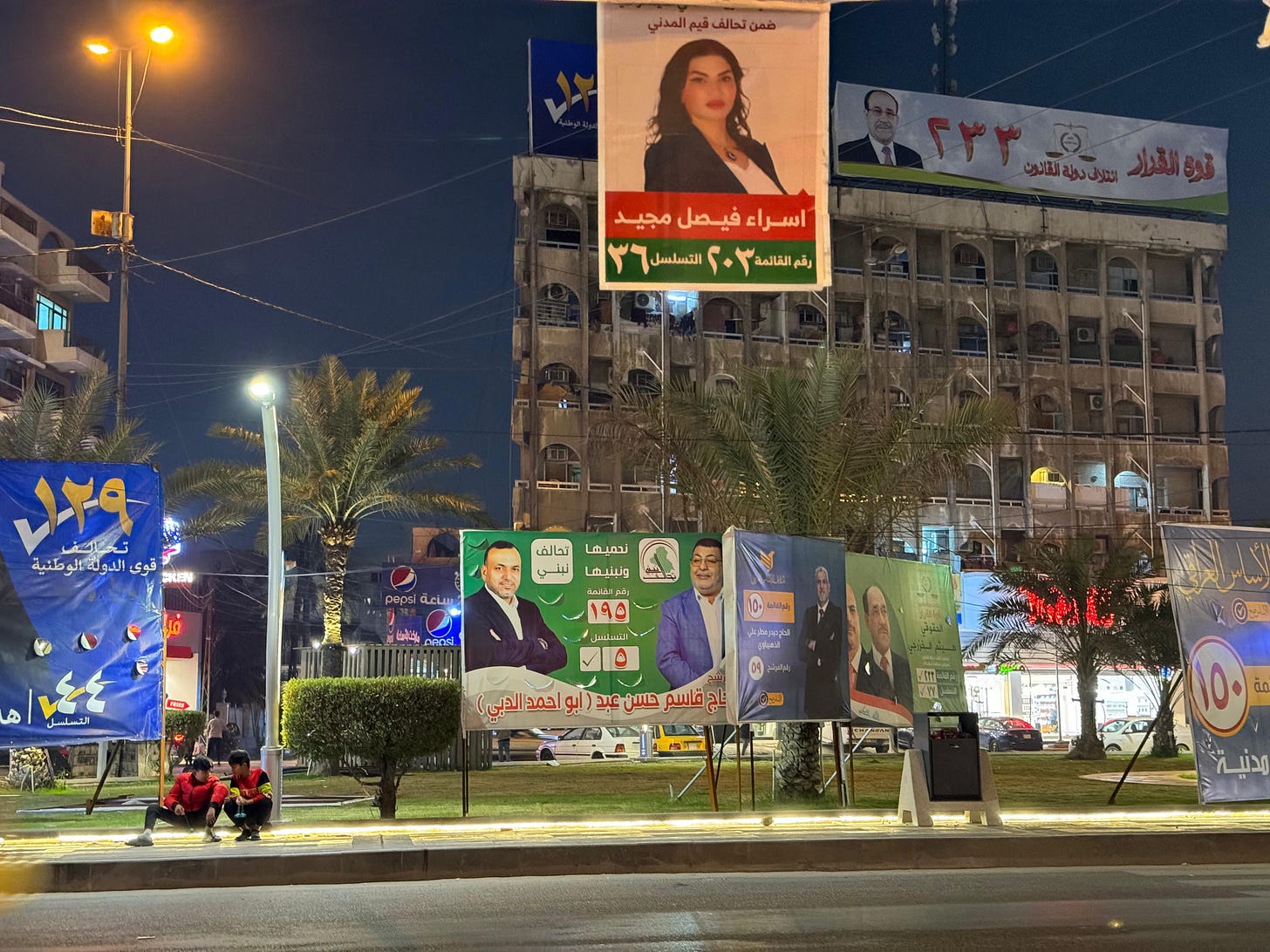Sudani's ascendancy raises concerns among Shia factions
Speculation surrounding the possibility of early elections and potential changes to the electoral law reflects a growing sense of unease among the factions within the Coordination Framework regarding the potential success of PM Sudani in the next national elections.
Over the past couple of weeks, MPs have been briefing the media regarding assertions that the Coordination Framework intends to amend the electoral law by expanding the number of voting districts. Reports indicate that Nouri Al-Maliki has been a proponent of this idea, aiming to limit the chances of Sudani securing a significant number of seats in the next election.
Currently, the electoral framework consists of 18 voting districts, each corresponding to an entire province. Reports suggest that Maliki seeks to increase the number of voting districts to around 50, with 10 districts allocated to Baghdad. Such a change would potentially disadvantage Sudani by restricting the number of personal votes he could accumulate and subsequently the seats his party list could secure.
Under the existing electoral system, if Sudani were to run as a candidate in Baghdad, voters across the entire province could cast their votes for him. Given his position as the incumbent prime minister, Sudani could likely amass upwards of 200,000 personal votes in Baghdad, translating to around 15 parliamentary seats. However, in a multi-district system, Sudani would run in a much smaller electoral district where there may only be around 5 or 6 seats up for grabs.


